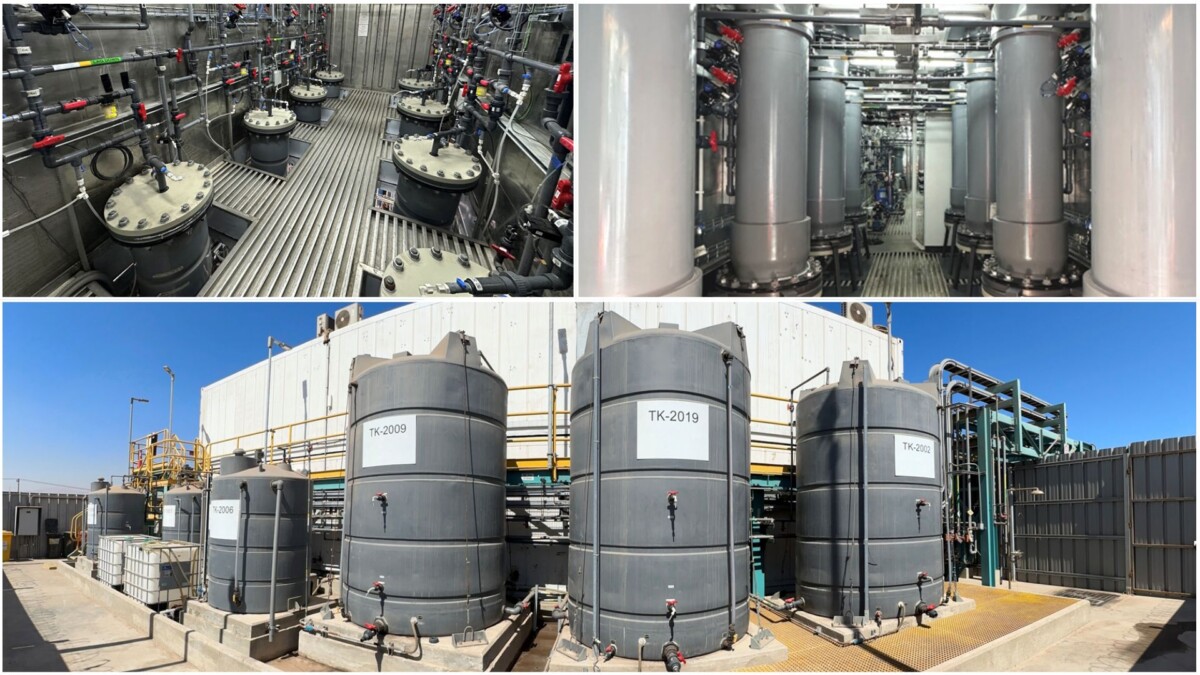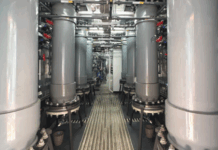Chile company slashes water usage in lithium extraction

Summit Nanotech has announced a major milestone in water efficiency for lithium extraction, reinforcing its position as a global leader in sustainable direct lithium extraction (DLE) technology.
Independent validation confirmed that Summit’s process uses about 30% less freshwater than evaporation ponds and 50% less than commercial DLE benchmarks, while maintaining high lithium recovery and product quality.
Summit Nanotech’s process has delivered consistent performance across commercially viable lithium brine assets in the US, Argentina and Chile including, lithium recovery and impurity rejection within the 96-99% range.
This significant advancement in freshwater usage is enabled by Summit’s proprietary flow sequencing method, which requires benchmark low make-up water compared with evaporation ponds and all other DLEs, including the most advanced ion exchange (IX) platforms.
This further enables the addition of closed-loop recovery systems in commercial plant designs and eliminates the need for external water inputs in a lithium chloride plant.

Minería Positiva (MP+) chemical engineer and independent industry advisor José de Castro says achieving both exceptionally high recovery and ultra-low water consumption is an extraordinary milestone — one rarely seen in combination.
“After more than 25 years observing lithium operations and process developments across the world, I can say that Summit has crossed a critical threshold in direct lithium extraction,” he said.
“This places Summit among the most advanced DLE technologies globally and very likely at the forefront of the field.”
Summit is setting the pace for DLE, consistently outperforming alternatives in reliability, efficiency and economics. Its modular system and high-performance sorbent, engineered in the US, produce high-purity lithium from brines with industry-leading water efficiency.
In October, Summit successfully built and operated a denaLi B DLE pilot plant at Albemarle’s site in Northern Chile. The integrated system, based on a fully commercially complex flow sheet, successfully demonstrated Summit’s sorbent performance (over a pre-defined 20-week period), automation and controls, and high concentration lithium chloride eluate (without thermal evaporation).
This followed breakthrough results recorded in September that validated the reliability and performance of its proprietary sorbent, eLivate, across a wide range of brine compositions.
Results from Summit’s advanced reliability engineering program confirm that its eLivate sorbent can achieve 10,000 operating cycles with 5% degradation, while maintaining >98% lithium recovery, >95% impurity rejection and DLE-specific water use below 10 m³/t LCE. These results support Summit’s projection of a commercial sorbent lifespan of >5-8 years.
All DLE sorbents have unique performance and durability. Recognising that DLE project owners require robust, evidence-based validation of sorbent longevity, Summit developed a comprehensive in-house reliability engineering program to accurately forecast sorbent lifespan.
Summit Nanotech chief technology officer Jeremy Patt says the results give developers confidence that Summit can deliver DLE projects at the lowest levelized cost of lithium, with best-in-class reliability.
“It demonstrates not only the strength of our technology, but also the rigor we have applied to scaling it for commercial success,” he said.
With reliability and performance validated, Summit is finalising a scale production agreement with a leading, global chemical manufacturer. Summit’s partner will be able to deliver sorbent quantities over 1000tpa.
Summit’s in-house demonstration plant will begin processing customer brines in January 2026, supporting commercial projects and offering the full range of plant capacities demanded by the market.






















